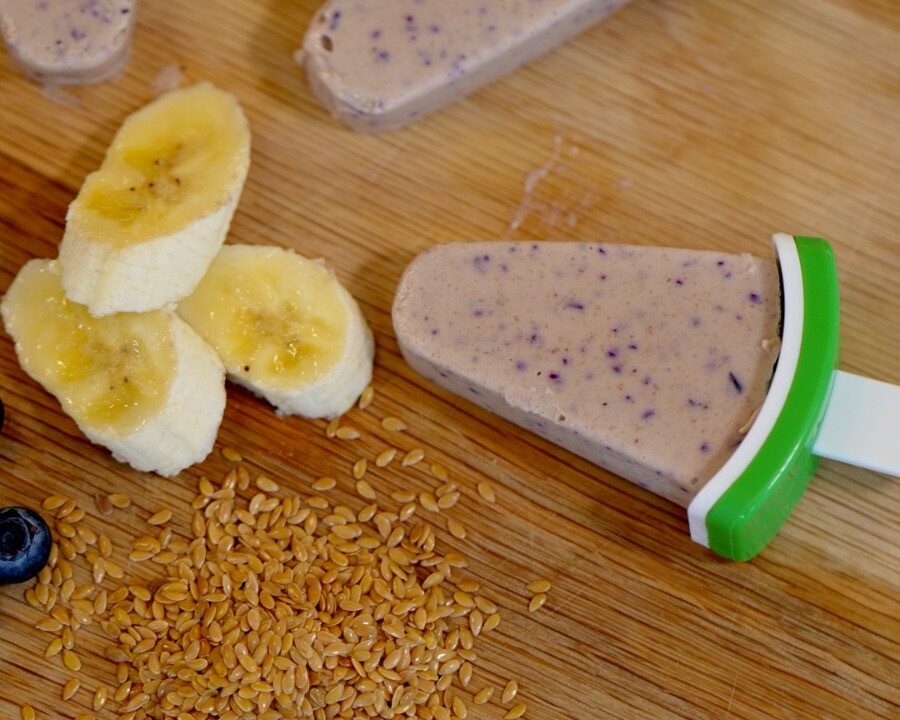Looking for an easy, tasty, and nutrient-packed green to add to anything from a smoothie, salad, sandwich, or pasta dish? With all the craze around superfoods and greens like kale and spinach, broccoli sprouts have been overlooked by most.
The immature broccoli plants, which resemble alfalfa or bean sprouts, have higher concentrations of the good-for-you compounds that have anti-inflammatory, anti-aging, and potentially cancer-fighting effects. They have a stronger, spicier taste that differs greatly from the grown-up version.
A recent MindBodyGreen article outlined the benefits of the small greens. “What makes them different and packs their power is a higher concentration of the necessary components to boost the production of sulforaphane.
In studies, sulforaphane has been linked to fighting against certain carcinogens, and it may support heart health and brain recovery as well. Researchers have also found it can support gut health, rounding out a pretty solid set of benefits that you may be able to attribute to these little sprouts.”
Dr. Jessica Cooperstone, Ph.D., assistant professor of Horticulture and Crop Science and Food Science and Technology at Ohio State University has focused on researching broccoli sprouts. She says that as a cruciferous plant, broccoli sprouts “contain compounds called glucosinolate, which convert into isothiocyanates when eaten and chewed,” per Refinery29. “All cruciferous veggies contain glucosinolates, but broccoli sprouts have an insane amount — about 10 to 100 times more than most cruciferous vegetables.”
She also speaks to the sulforaphane in broccoli sprouts, which are especially potent, adding that “there’s evidence to suggest that sulforaphane can prevent DNA damage that leads to cancer, and in studies on mice, sulforaphane seems to prevent inflammation that can lead to neurodegenerative diseases, like Alzheimer’s and Huntington’s disease.”
To reap the full health benefits of broccoli sprouts, it’s best to eat them raw, as cooking them will deactivate the enzyme that converts glucosinolates to isothiocyanates.
While you can find broccoli sprouts at many health stores, they are also easy to grow at home. This way, your grocery store run turns into a mini science experiment, as you can sprout them yourself in a little sprouting jar.
Lastly, neurologist David Perlmutter, M.D., reminds us to chew our food well for the best outcomes. “The trick here is chewing,” he explained. “You’ve got to chew the broccoli sprouts in order to release the enzyme that then liberates, or activates, if you will, the sulforaphane.”




